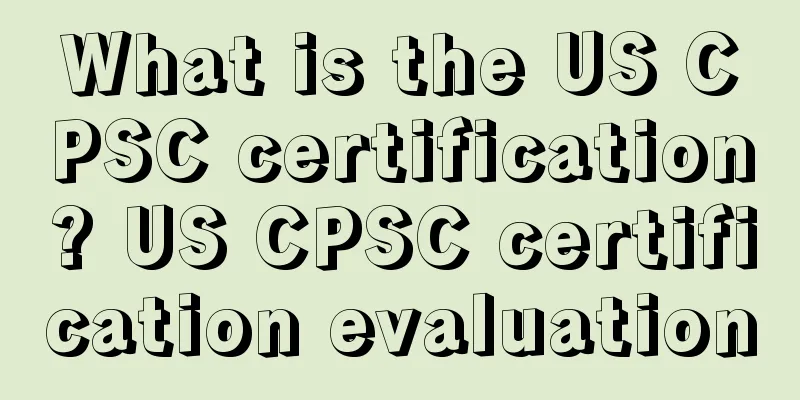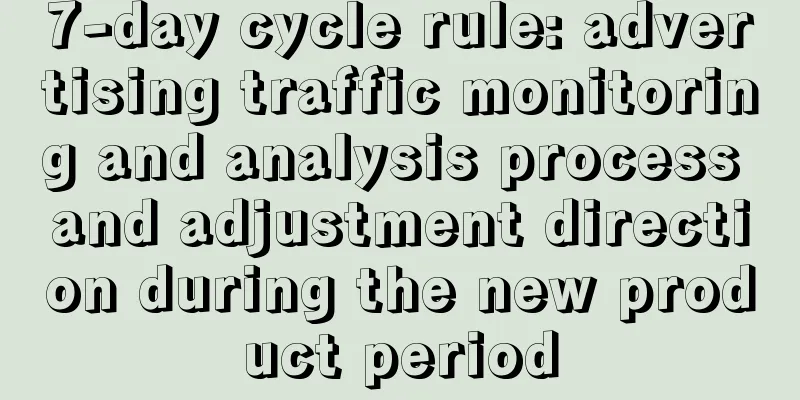What is the US CPSC certification? US CPSC certification evaluation

|
CPSC is the abbreviation of the U.S. Consumer Product Safety Commission. In addition to specific product controls, such as motor vehicles regulated by DOT, drugs, medical devices, food, cosmetics, etc. regulated by FDA, pesticides, toxic substances, etc. regulated by EPA, most consumer products are regulated by CPSC. Certification categories (1) CPC certification for children's products U.S. law defines "children's products" as consumer products intended for use by children 12 years of age or younger. The following factors are generally considered when determining whether a product is suitable for children under 12 years of age: a) Manufacturer’s statement regarding the intended use of the product, including product labeling b) The packaging, display, or marketing of the product indicates that it is intended primarily for children under 12 years of age c) The product is generally believed to be intended for children under 12 years of age. (2) GCC certification for general products Products suitable for ordinary consumers other than children's products Product Certification According to the CPSC's certification requirements, manufacturers and importers issue relevant certificates based on the test results of CPSC-approved third-party testing laboratories. Importers must issue CPC certificates for imported products, and third-party testing laboratories or third-party institutions can assist manufacturers or importers in drafting CPC certificates. For ordinary products, there is no need to test in third-party laboratories. CPC certificate content a) Product information covered by the certificate: name, model, color, etc. b) Product safety regulations, standards and regulations used for product certification. c) Importer information d) Contact information of the person responsible for maintaining the test results e) Production location and time f) Product testing time and location g) Third-party laboratory information Product Testing (1) Detection type a) Initial certification testing: New products are tested in accordance with regulations and requirements before the first certification and meet the relevant requirements. b) Material change testing: If the material of a product or component is changed later, the product or component needs to be retested as required, and the CPC certificate needs to be reissued. c) Periodic testing: Testing is carried out during the mass production of the product. (2) Is it necessary to test every batch or every product? Manufacturers do not need to test every batch or every product. As long as there is no material change, only periodic testing is required, generally once a year. |
<<: What is Yibai Network? Yibai Network Review
>>: What is Yatego? Yatego Review
Recommend
13,000 dryers sold on Amazon and other platforms have been recalled! There is a fire hazard
It is learned that the U.S. Consumer Product Safet...
5 Essential Tools for Selling Products
Quickly promote the 19th article outside the site ...
What is ZOZOTOWN? ZOZOTOWN Review
ZOZOTOWN is a Japanese fashion brand online shoppi...
Amazon doesn’t allow new stores to open cases now! ?
Amazon sellers encounter various problems every d...
Year-end review: The most painful regrets of Amazon sellers! Is it the brothers and partners who turned against each other for tens of thousands of dollars? Or the links that could have been successful but were abandoned by mistake?
Li mosquito coil My C position Are they products t...
What is the Wish Merchant Platform Profile? Wish Merchant Platform Profile Review
Wish.com is a cross-border B2C e-commerce platfor...
What is Haikelian MBC? Haikelian MBC Review
Haikelian MBC is a system software that can quickl...
What is Weishi Internet? Weishi Internet Review
Weishi Internet is China's leading Latin Ameri...
How can such an ugly picture be so popular? Do you have these misunderstandings in drawing pictures?
It is said that e-commerce is all about selling p...
Awesome! Another cross-border bestseller is coming soon! The product gross profit margin is twice as high as that of its peers!
If nothing unexpected happens, Amazon's home ...
What is Hummingbird Cross-border E-commerce? Hummingbird Cross-border E-commerce Review
Fengniao Cross-border E-commerce is the official w...
What is US Trademark Registration? US Trademark Registration Review
The trademark registration in the United States ad...
The epidemic has led to an increase in skin care product consumption! Most North American consumers prefer to search through social media
It is learned that according to a survey of more t...
Musk sells 4 billion shares to operate Twitter! Tesla stock plummets! Net worth falls below $200 billion
It is learned that in the face of increasing compe...









